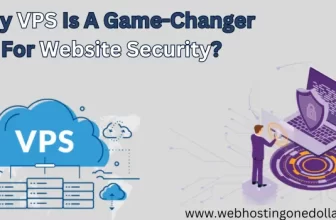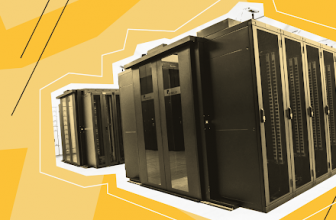
By their very nature, dedicated servers tend to be more secure than free and shared hosting platforms. This is mostly due to the fact that you’re not sharing an IP address with other accounts, and also you have full control to implement security measures that you really need on your dedicated server.
Still, there’s no such thing as a 100% secure server, especially in today’s world of DDoS attacks, phishing schemes, and other web threats. Fortunately, there are a few simple steps you can take to boost security on your dedicated server easily and effectively.
Watch Where You Sign In
Start by considering the networks you use and trust when you sign into your dedicated hosting account. Ideally, you should be using a trusted and secured network every single time. Logging into your account using an open or non-secure network (such as that public Wi-Fi network at your local coffee shop) can put your account information at-risk. That’s because information transmitted across these networks can be accessed by hackers who are looking for private information.
Make sure that you’re always logged into a secured network when signing into your hosting account and advise anybody else who has access to your account to do the same. This is one of the easiest and most effective ways to go about increasing security on your server and preventing your account information from ending up in the wrong hands.
Install Security Updates and Patches
When was the last time you manually checked for security updates and patches on your dedicated server? If it’s been more than a few days or if you’re in the habit of waiting to be alerted of new updates available, you could be putting your account at risk. Remember that when a security patch is available, this means there is known security vulnerability somewhere within the software or app that needs to be addressed. Until you install that update or patch, your server could be vulnerable. Try to get into the habit of manually checking for updates at least once every few days or install a script that will do the work for you.
Don’t Forget the DDoS Protection
One of the largest growing threats to dedicated servers these days is the distributed denial of service (DDoS) attack. This type of attack operates by flooding your website and its server with fake traffic. In many cases, that fake traffic can overwhelm your server and cause page loading issues; in a worst-case scenario, it could even lead to your entire server going down.
DDoS attacks can be devastating, but the good news is that they are preventable. The key is to make sure your dedicated server has some form of DDoS protection in place. This is something offered by many web hosting companies these days (and some even offer basic DDoS protection for free), so be sure to check with your web host and make sure you have enough protection for your needs and peace of mind.
These are just a few of the ways in which you can bolster security on your dedicated server without necessarily knowing a lot about technology or web security. By always using a secure network when signing in, installing security updates as they become available, and having DDoS protection in place, you’ll be in much better shape.





